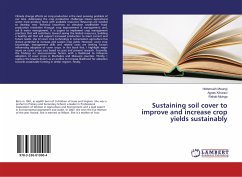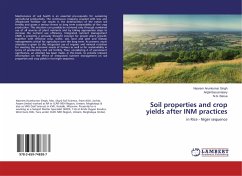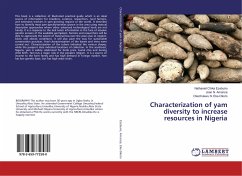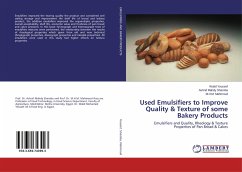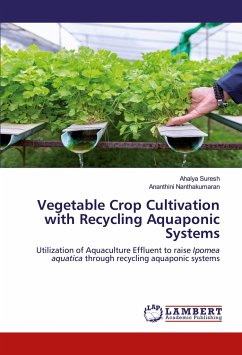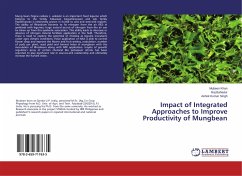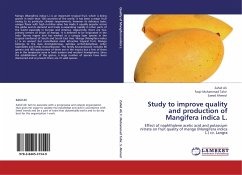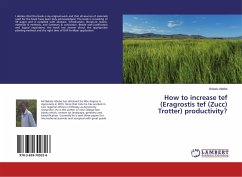Climate change effects on crop production is the most pressing problem of our time. Addressing the crop production challenges means agricultural sector must produce more with available resources. Resources are needed to develop new Technical knowhow to stimulate smallholder food production revolution through crop improvement & management; and, soil & water management. It is urgent to implement crop management practices that will contribute toward saving the limited resources, building a healthy soil that will support increased production to meet current and future needs. Use of cover crop technology in conservation agriculture has shown potential to increase and sustain crop yields. However, cover crop knowledge, management skills and related costs are limiting factors influencing adoption of cover crops. In this book first, I highlight major issues on cover crops uses based on past and present research. Secondly, the findings on socio-economic factors with a likelihood to influence adoption of cover crops in Machakos and Makueni counties. Thirdly, I capture the lessons drawn as an outline to increase likelihood for adoption towards sustainable farming in similar regions. Finally,
Bitte wählen Sie Ihr Anliegen aus.
Rechnungen
Retourenschein anfordern
Bestellstatus
Storno

